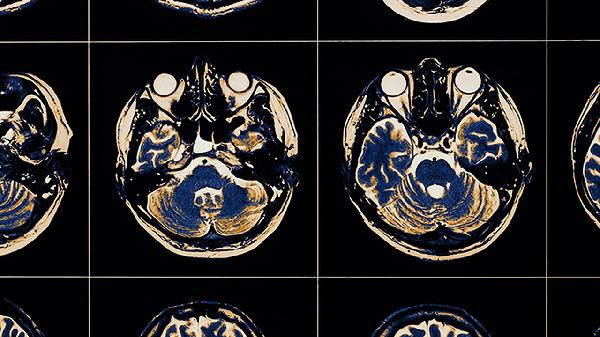Sleepwalking is a normal phenomenon that occurs during the deep sleep stage of the human body. It typically happens in the first half of the night, and when it ends, most sleepwalkers forget what they did during the episode. This is because sleepwalking usually occurs during deep sleep. So, why do people sleepwalk?
In fact, the primary reason for sleepwalking is related to brain development. Sleepwalking is most frequent during childhood, particularly among children aged 6 to 12. As the cerebral cortex develops, sleepwalking tends to disappear on its own after adolescence. The most common sleepwalking behavior involves performing simple, repetitive actions in a room without conscious awareness, such as walking or other activities.
Besides incomplete development of the cerebral cortex, sleepwalking is also associated with personal stress and genetic factors. These external or internal factors can contribute to the occurrence of sleepwalking. External stressors are often linked to psychosocial factors, such as exam pressure, life stress, family pressure, parent-child pressure, and irregular daily routines. Genetic factors are usually tied to a family history of sleepwalking, where direct relatives have also experienced it.
Sleepwalking itself isn’t scary. When encountering a family member or friend who sleepwalks, you can help alleviate the situation using the following methods:
1. Help them maintain physical and mental health
Excessive stress and irregular sleep habits can affect a person’s physical and mental state. When their well-being is compromised, sleepwalking may occur. To prevent this, it’s important to maintain a regular daily routine and good sleep habits. In severe cases, psychotherapy can help address underlying stress and promote overall health.
2. Ensure environmental safety
If sleepwalking occurs, carefully check the sleeping environment before bed to ensure doors and windows are closed and dangerous items are stored away. This helps prevent harm to the sleepwalker or others during an episode.
3. Take necessary protective measures
It’s generally not recommended to suddenly wake a sleepwalker. While it doesn’t significantly harm their physical or mental state, abruptly waking someone from deep sleep may cause confusion or disorientation. Instead, the best approach is to gently and safely guide them back to bed.
























